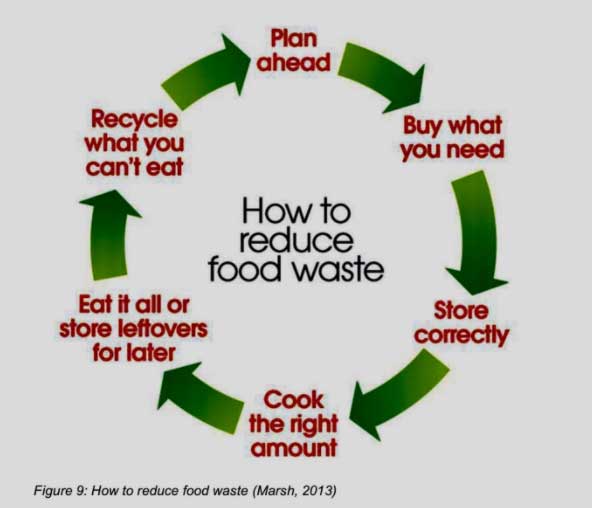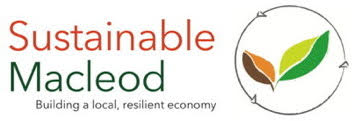Fighting food waste beyond the fridge

Next time you open your fridge or cupboard, check one of those bottom shelves. Chances are you will find something past its ‘use-by date’, some stale biscuits, leftovers that someone forgot to eat, lettuce that didn’t get stored property and now it has to be thrown out. This is even more of an issue at Christmas time when people gather to eat, and we can’t help but buy too much and overindulge.
Wasting food may not be your experience; if this is so, congratulations – you are doing a great job.
For many of us though, food waste is a part of a life we have come to accept. It seems hard to avoid with our consumption-driven lifestyle and the expectations to be abundant food sharers. The facts bear this out.
The scale of food wastage globally, and in Australia, is staggering. Australians generated at least 7.3m tonnes of food waste in 2016-17, according to the National Food Waste Baseline project. This equals about 300kg per person, and it costs the economy around $20 billion a year.
Households and primary production are the leading producers of food waste
A lot of food is wasted before it even leaves its site of primary production. Discarding food also involves waste of one of our most precious resources – water. And food waste contributes over 5% to our total greenhouse gas emissions.
But there is, at last, some action being taken on food waste with the National Food Waste strategy and roadmap. Australia has set a goal to halve its food waste by 2030. There are various areas of activity involving food producers, retailers and other players in the food supply and distribution system.
There is also activity being generated by the Fight Food Waste Cooperative Research Centre which has a vision for an Australia without food waste. Organisations like Food Bank help to fight hunger by, among other things, diverting to people in need food that would otherwise be wasted.
The Food Knowhow site from Yarra City Council also offers simple things you can do to cut food waste.
If you live in Darebin, you can recycle your food waste now. Here is a food and green waste guide for Darabin residents.
Please send us your tips for cutting food waste at home- we’d love to hear from you.
By Amanda Tattam

WRAP UK resource, as produced in “Resources for Implementing the National Food Waste Strategy”, p 21
